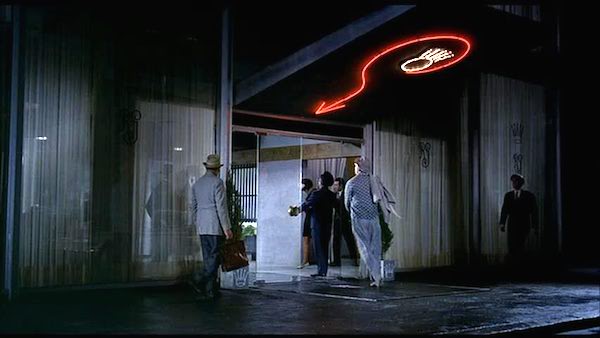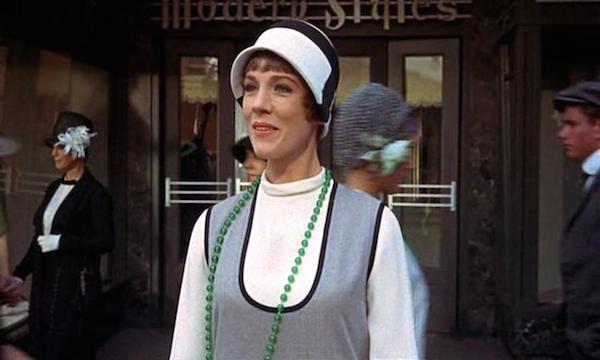Every Monday, each of us will suggest a film that we feel too few people have seen.

Melissa’s Pick of the Week: Playtime
Playtime is one of those movies that seems to only have been seen by a few art film nerds, and nobody else. That’s a shame, because there is truly no film quite like it. Director and star Jacques Tati only made a few films during his life; all were great, and this was his best. It is the third film in a quadrilogy, but don’t worry about that, because the four films share a character, but not plot. That character is Monsieur Hulot (played by Tati), a tall, gawky man who bumbles from scene to scene with the charm of your favorite clueless uncle. Playtime takes Hulot and drops him into an ultra-modern 1960s glass canyon of a city. Playtime is somewhere between a sprawling epic and a Charlie Chaplin short. It’s the sort of a movie that literally built five blocks of a city as a set, but plays out almost entirely with dialogue-free character bits. It’s a comedy that doesn’t make you guffaw as much as it lifts you with charm. It’s the sort of film that makes a shot magical simply by angling a window at the right moment. It’s one of my favorite films of all time. Every time I see it, I want to cuddle it like a puppy.
I recommend seeing Playtime in the highest-definition format you can obtain. It’s gorgeous and worth the effort.

Windy’s Pick of the Week: Thoroughly Modern Millie
This has been mentioned on the podcast, so here I am reminding you and recommending to you. This is a true WTF movie – delightful in many respects, and then absolutely horrifying in its racial insensitivities. Made in 1967, the movie has a slight bite of satire in the idea that a woman needs to be dependent on a man – Millie is determined to be “modern” – but reassuringly ends with everybody happily married. Set in the Roaring 20s, Millie moves to the big city to find her future – and the movie even apes the dialog cards of the silent movies of the period. (The racial problems come from the Chinese helpers and the mock Chinese language used by them and the hotel manager Mrs. Meers, as well as the white slavery sub-plot, which have to be seen to be believed.) The humor is broad, the musical numbers are stylish, and Carol Channing is delightfully over-the-top. Julie Andrews shows her formidable comedic talents (we often forget just how funny she is underneath all that British respectability), and Mary Tyler Moore displays her rarely used dance talents.
Like this:
Like Loading...
 Dearest listeners, we bring you our glimmers of joy this week, complete with space raccoons and bad French accents!
Dearest listeners, we bring you our glimmers of joy this week, complete with space raccoons and bad French accents!




